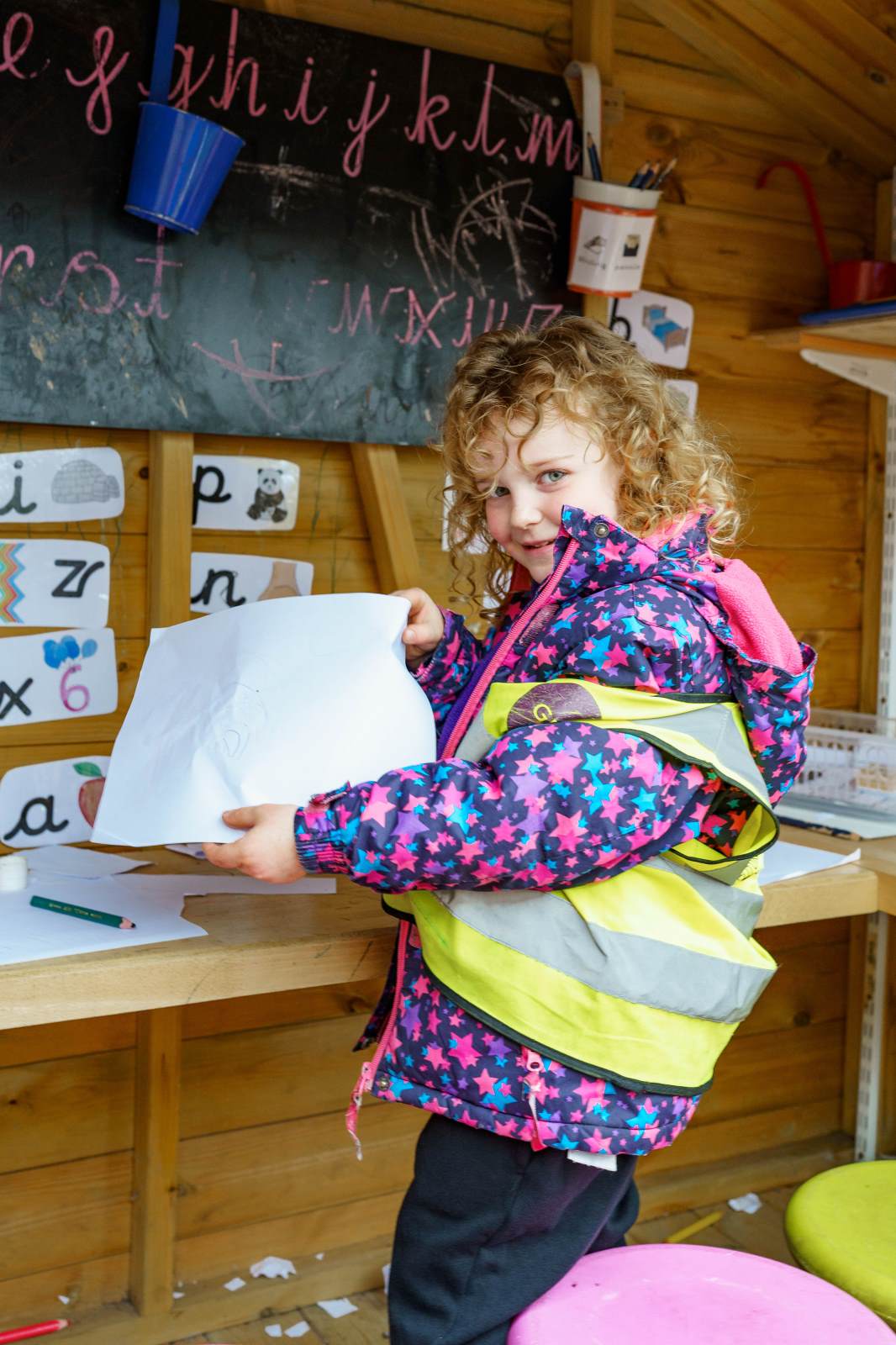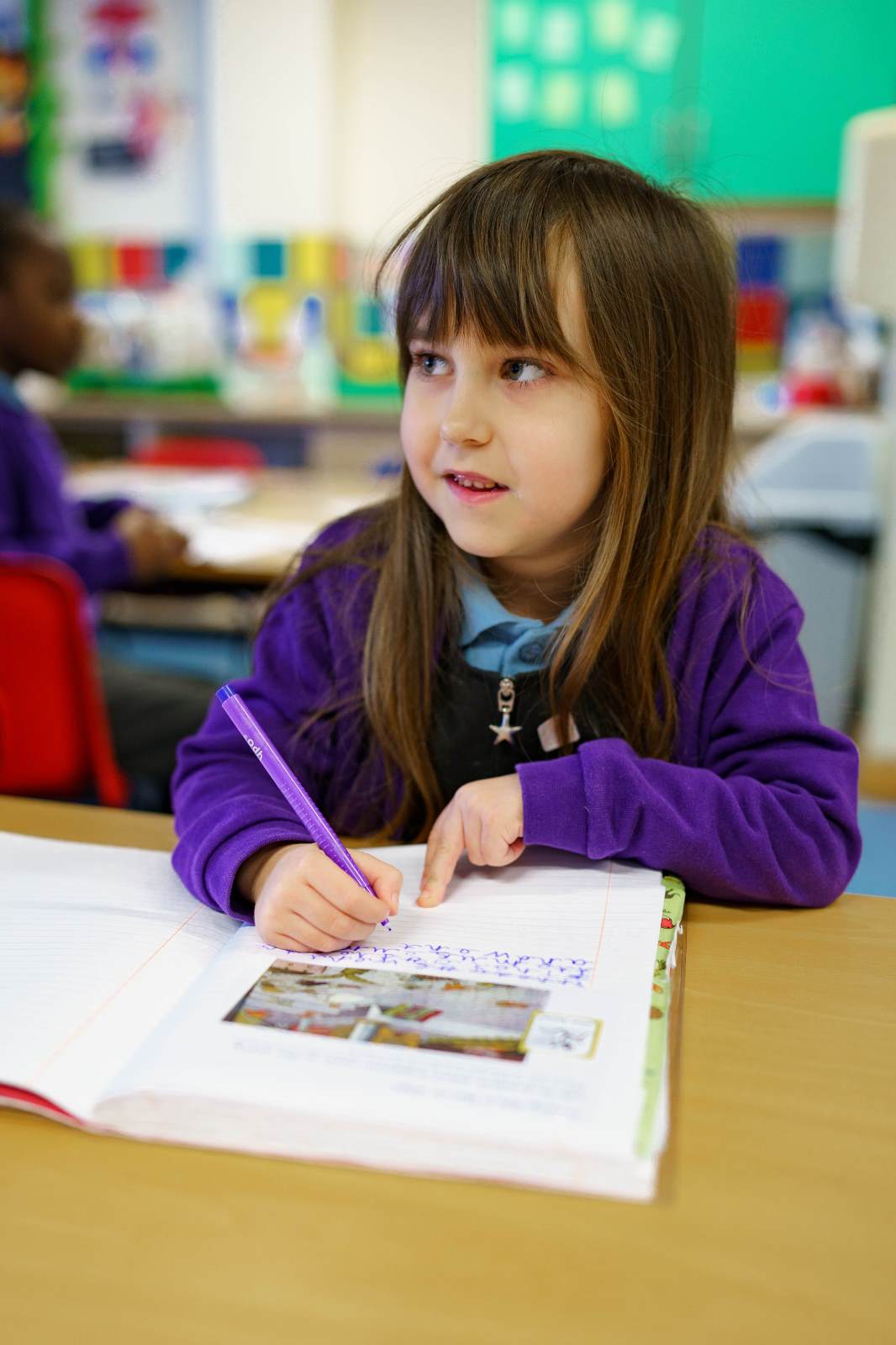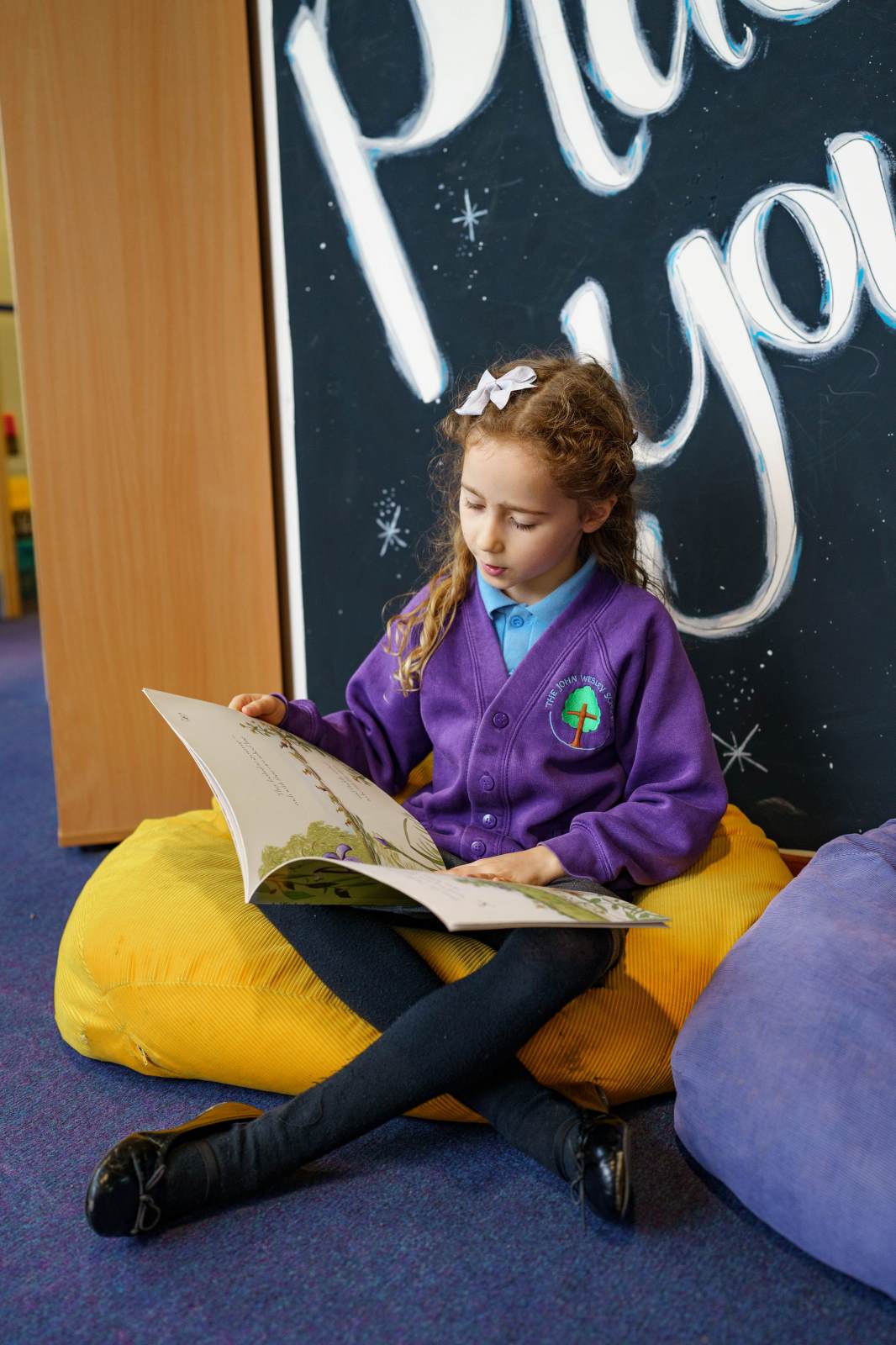{SECTION_MENU}
English



Intent
At The John Wesley CEM Primary School, English and the teaching of English is the foundation of our curriculum. Our main aim is to ensure every single child becomes literate and progresses in the areas of reading, writing, speaking and listening.
Staff at JWS feel it is important to highlight and be aware of the differing groups of learners and vulnerable children in their class. Once this information is acquired, teachers can plan and teach personalised English lessons which focus on the particular needs of each child. We recognise that each child has their own starting point upon entry to every year group and progress is measured in line with these starting points to ensure every child can celebrate success.
English at JWS will not only be a daily discrete lesson, but is at the cornerstone of the entire curriculum. By embedding this within all our lessons, we strive for a high level of English for everyone. Through using high-quality texts, immersing children in vocabulary-rich learning environments and ensuring new curriculum expectations and the progression of skills are met, the children at JWS will be exposed to a language heavy, creative and continuous English curriculum. This will not only enable them to become literate but will also develop a love of reading, creative writing and purposeful speaking and listening.
When the new curriculum was implemented in 2014, many professionals commented that creativity had been eliminated and children were expected to be taught a diet of very dry grammar and punctuation skills. At JWS, our vision is for creativity to be at the helm of our English curriculum and for our children to learn new skills in a fun and engaging way.
Implementation
With these aims in mind, primarily, children start learning Phonics by following the 'Supersonic Phonic Friends' SSP and use 'Cued Articulation’ to support their learning, so that they can begin to decode words all around them. Once these skills are secured and children are fluent readers, discrete lessons for reading are incorporated into the morning session for all years from 1 to 6. This ensures that reading is explicitly taught every day and that each group of children has time with the teacher, in the reading session, once a week. Vulnerable groups can then be highlighted and support staff can be used to support these groups further to ensure progression and assure specific year group skills are secured. JWS uses 'Pathways to Read' to support and enhance these lessons. With a structured timetable of learning tasks rotated throughout the week, children are not only learning comprehension skills but also independence, a love of wider reading and exposure to rich vocabulary, which is absolute key in all sessions for all learners.
Using a continuous and a variety of assessment methods, reading is further developed by providing children with a book appropriate to their reading level and phonic knowledge using pure decodable books, which we encourage our children to take home and share these books with their parents/ guardian to ensure that the culture of reading extends into the home. We further develop our confident readers using ‘Accelerated Reader', which provides books appropriate to each child’s word knowledge and checks for understanding through comprehension questioning linked to the National Curriculum domains.
Reading is not only celebrated in classrooms at JWS, around school you will find cosy book corners, displays which celebrate authors and reading as a whole, children’s and teachers' favourite books and reading reward schemes. We provide a well-stocked library with books from a variety of authors and genres to support our children’s development in reading and reading for pleasure. In addition, throughout the school year, the importance of reading is enhanced through World Book Day, author and poet visits, book clubs and competitions linked to our local library, story times, all of which we provide to enrich and complement children’s learning and to encourage our children to become lifelong readers.
As we believe consistency and well-taught English is the bedrock of a valuable education, at JWS we ensure that the teaching of writing is purposeful, robust and shows clear progression for all children. In line with the new national curriculum, we ensure that each year group is taught the explicit grammar, punctuation and spelling objectives required for that age group, facilitated by the use of 'Pathways to Spell'. As well as teaching the objectives, teachers are able to embed the skills throughout the year in cross-curricular writing opportunities and ensure that children are achieving the objectives at the expected level and that opportunities to achieve greater depth skills are available to all. In this sense, assessment of writing is also more fluid, as teachers can assess against a set framework. All year, groups use the same format for assessing writing, which has been produced in line with the end of Key Stage assessment frameworks as published by the Department for Education.
In order to expose children to a variety of genres, which helps to utilise and embed writing skills, teachers use 'Pathways to Write' to plan, structure and teach their English lessons. This journey is designed to help structure all writing journeys in order to show progress, teach the pertinent year group objectives, apply and consolidate these skills and develop vocabulary. Writing is taught through the use of a quality text, which exposes the children to inference, high-level vocabulary, a range of punctuation and characterisation. Each text is purposefully selected in order to promote a love of reading, engagement and high quality writing from each child, which is also cross-curricular linking to each year groups ‘Connected Learning’, ensuring our children develop an understanding and a purpose behind their reading and writing.
This purpose further extends to include the development of speaking and listening, where children can present and justify their ideas, ask questions, develop vocabulary, build knowledge, negotiate, and communicate effectively. Children at JWS are taught through a variety of opportunities to give well-structured descriptions and explanations and develop their understanding through debating, speculating, hypothesising and exploring ideas.
Developing the presentation of our writing begins early on in EYFS with children using a range of manipulatives and writing tools to facilitate the development of mark making. This leads on to the initial stages of precursive writing at the start of Year 1, where all children will start to use a handwriting pen. Thereafter, all children are taught to use and continually develop a cursive style across all written work.
Impact
The impact on our children is clear: progress, sustained learning and transferrable skills. With the implementation of opportunities to clarify and organise their thinking, the writing journey being well established and our developing love for reading taught thoroughly in both key stages, children are becoming more confident speakers, readers and writers. By the time they are in upper Key Stage 2, most genres of reading and writing are familiar to them and the teaching can focus on creativity, writer’s craft, sustained writing and manipulation of grammar and punctuation skills..
As all aspects of English are an integral part of the curriculum, cross-curricular writing standards have also improved and skills taught in the English lesson are transferred into other subjects; this shows consolidation of skills and a deeper understanding of how and when to use specific punctuation and grammar objectives. We hope that as children move on from us to further their education and learning, that their creativity, passion for English and high aspirations will travel with them and continue to grow and develop as they do.




